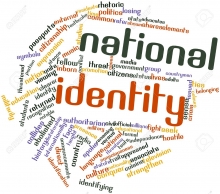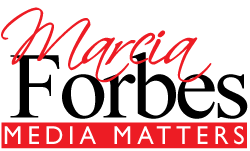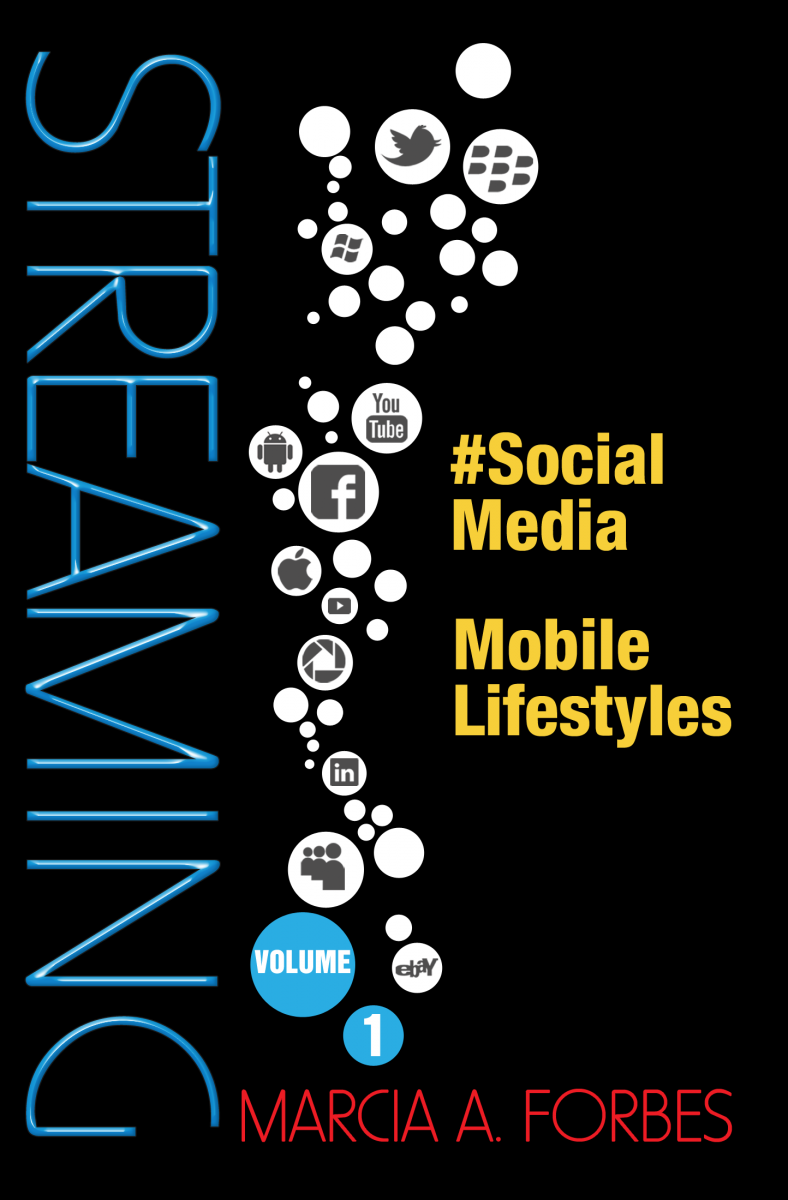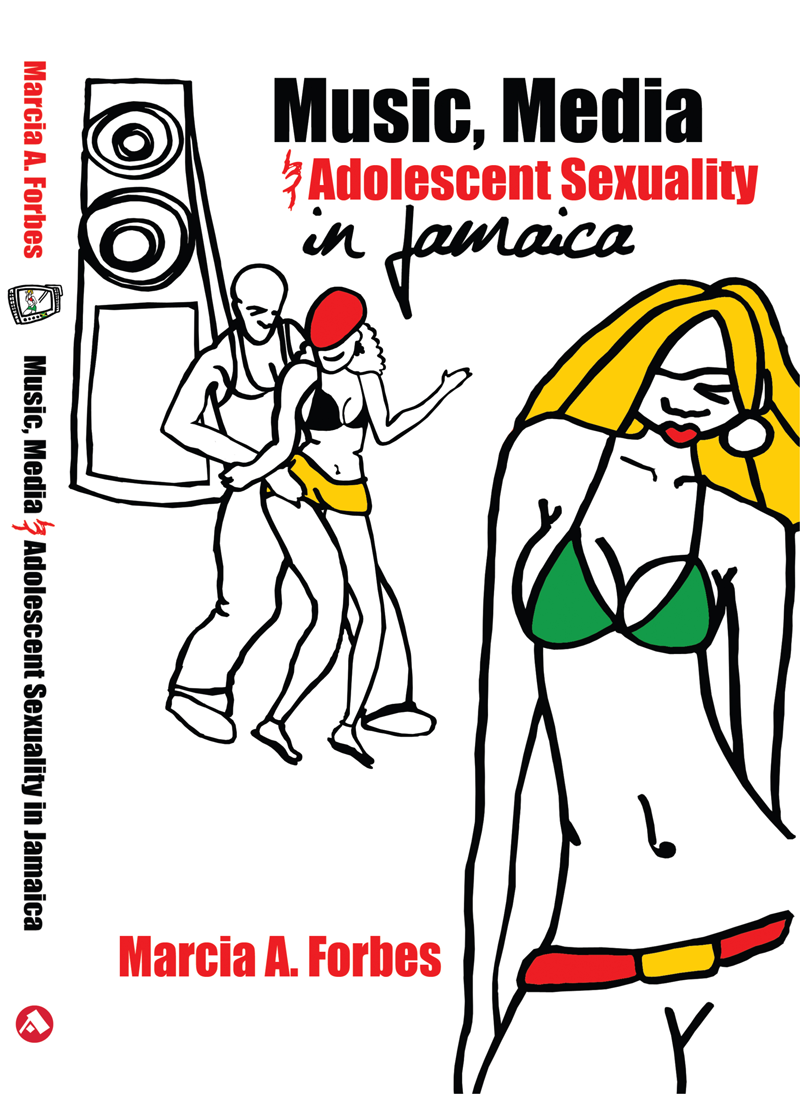Online Media & National Identity
Online Media & National Identity

The Northern Caribbean University – A Seventh-day Adventist Institution Reaching Out
Recently the Northern Caribbean University invited me to serve as Keynote Speaker for the annual conference hosted by its Department of Communication Studies. The topic was “Using Media to help Jamaicans Remain Jamaicanly.”
I was impressed by the way in which this university had reached out to its other local university colleagues with attendees representing both the University of the West Indies and the University of Technology.
There also reached out to the Diaspora and attracted a Jamaican from ABC, one from CBS and a UK-based independent producer. Then, too there were breakout sessions with presenters from local radio stations. It was clear that the Adventists were trying to be inclusive.
Jamaicanly – What’s that?
Now about the conference topic — picture me scrambling online to learn what “Jamaicanly” meant. Crowdsourcing via Twitter saved the day. Definitions/explanations were offered by @tanyashirley, @loilaing, @Medusostew and @cucumberjuice, with information about the ways in which social media helped them to remain Jamaicanly.
The term is featured in the Webster’s dictionary but, as both the dictionary and @petchary reminded us, should be used sparingly. At the end of the day, being Jamaicanly boils down to staying connected to one’s national identity and displaying this in one’s lifestyle choices.
This can be done though language such as talking patois and knowing slang expressions, dress and dance styles, familiarity with local music, keeping abreast of the island’s current affairs, among other things Jamaican.
Social Media & National Identity
What became quite clear as I prepared my presentation is the extent to which material posted online really helps to cement views about Jamaica and Jamaicans. Many of us may underestimate or undervalue the role of social media in fostering a national identity, in maintaining a common culture, a common bond among people from the same country.
As Loi Laing explained over a series of tweets, “to be isolated from my culture and have the ability to communicate in patois keeps me connected. Social media enables me to have real-time information of all the happenings I would not normally be privy to…With regard to music especially, but also news and politics, social media keeps me up to date….(the) Interconnected social media web keeps me connected to Jamaica, especially when most of my connections no longer live there.”
Are Online Media Outpacing Traditional Media in Shaping Opinions?
No one should underestimate the power of the media in shaping our opinions. By selecting to highlight certain types of stories and to portray certain types of persons in the news and on other programmes, media sets the agenda. By so doing they help to determine what we think about, what we see as important. The 1970s Agenda Setting Theory by McCombs and Shaw is still relevant today.
Increasingly, however, media that are online and available via the Internet are eroding the power of traditional media. The latter are those available in the forms of free-to-air radio and TV stations, cable systems fed to subscribers via cable/fibre and hard copy newspapers.
Breaking news is no longer the domain of traditional media. News is tweeted before it breaks on either radio or TV. Media Gatekeepers are under siege as citizens storm the gate and give their own un-sanitized versions of events.
Media are no longer entities out there, inaccessible to the majority. Media today are fairly accessible to many of us since most of us are online for some part of each day. We can blog. We can tweet. We can post to Facebook and Instagram and Pinterest and YouTube and Google+ and many more.
Upload More!
Media can and do help us to see ourselves as Jamaicans. We have the ability to decide on the type of identity we want to create for ourselves. The bogey of cultural imperialism via media is not as relevant today as in yesteryear. We can all use media to help us remain more Jamaican. The challenge for us as Jamaicans is to upload more and download less.
By that I don’t mean more “selfies” – those pictures we take of ourselves using our cell phones and post all over various social networks. No, I mean to upload “real content” to show the world that we Jamaicans are creators and not just consumers.


